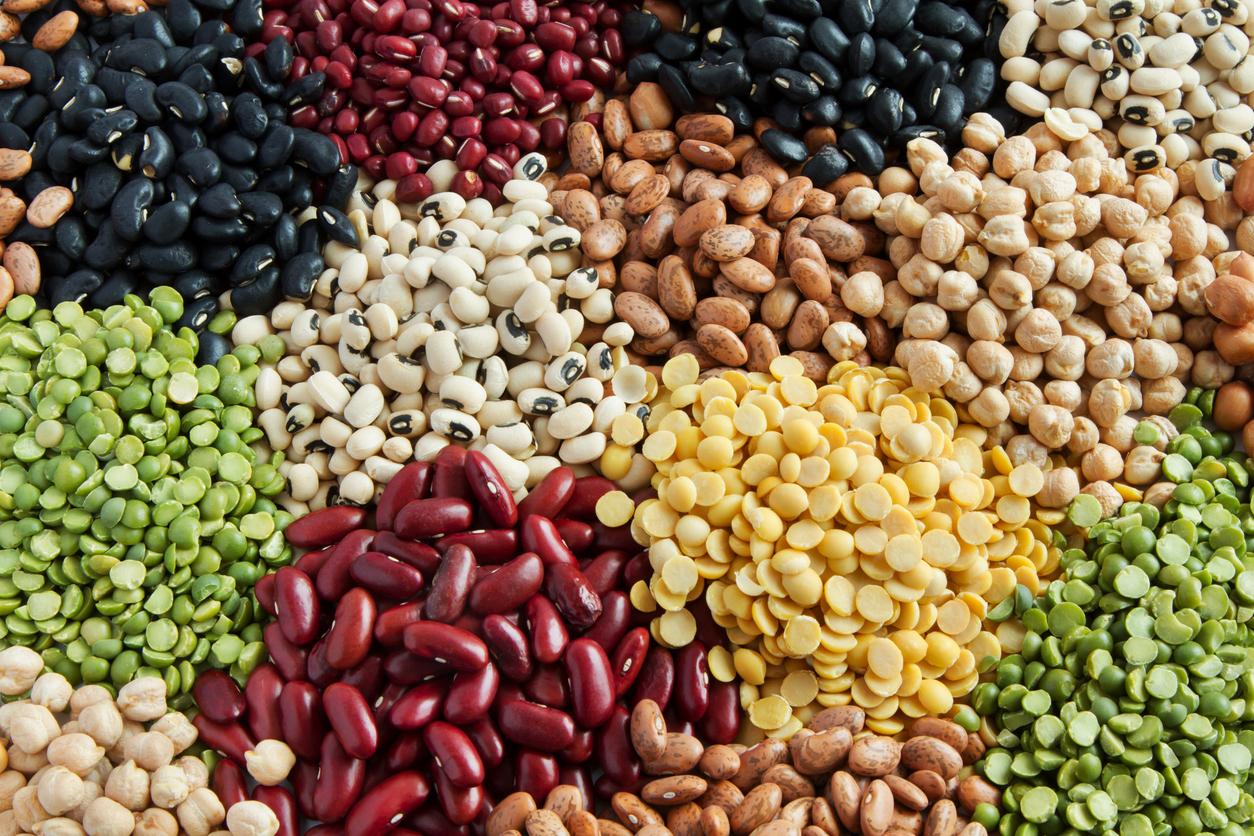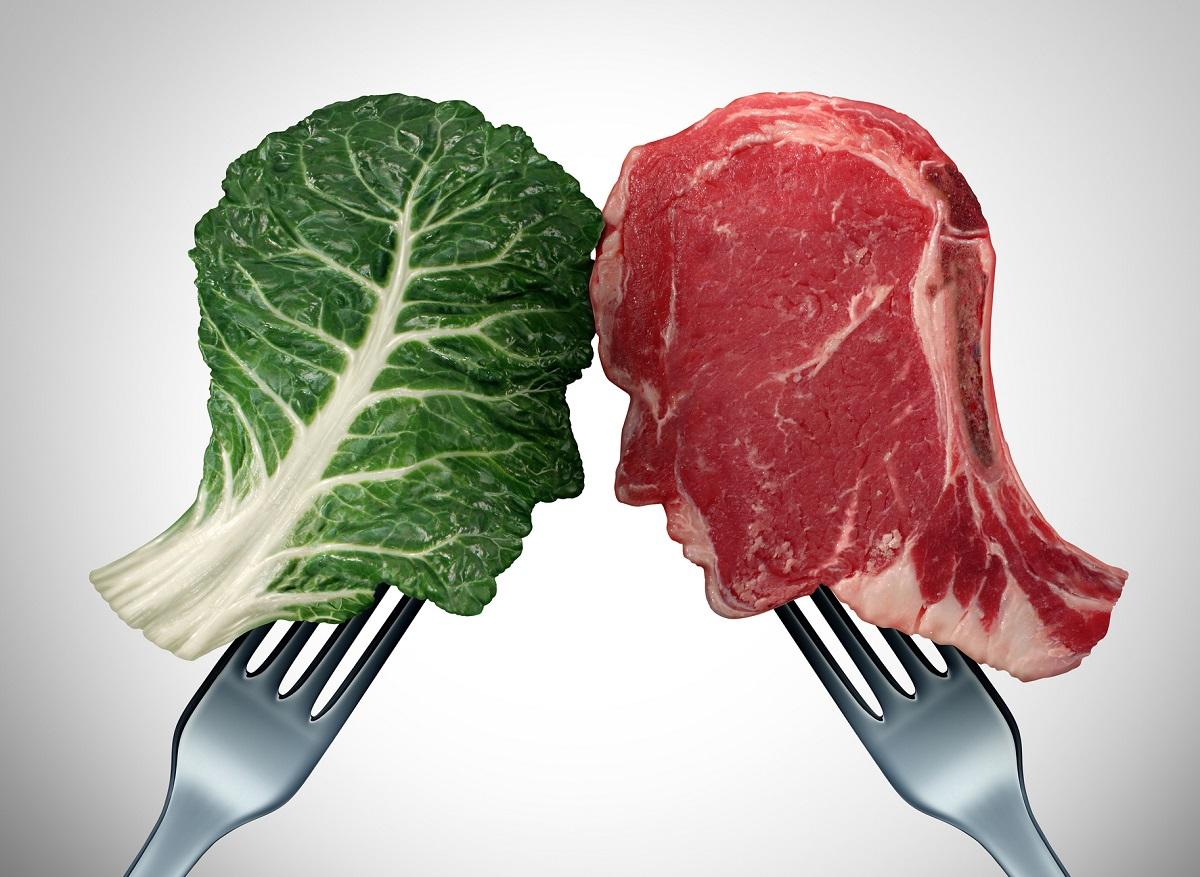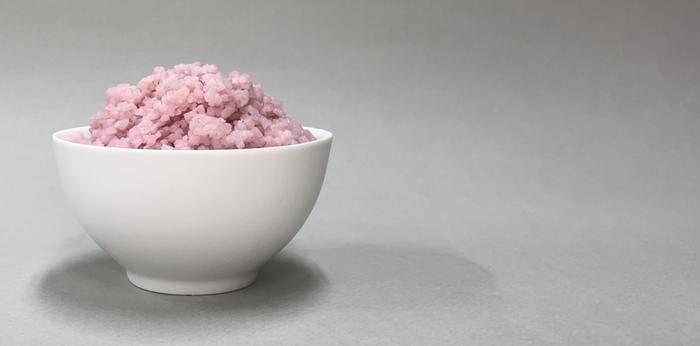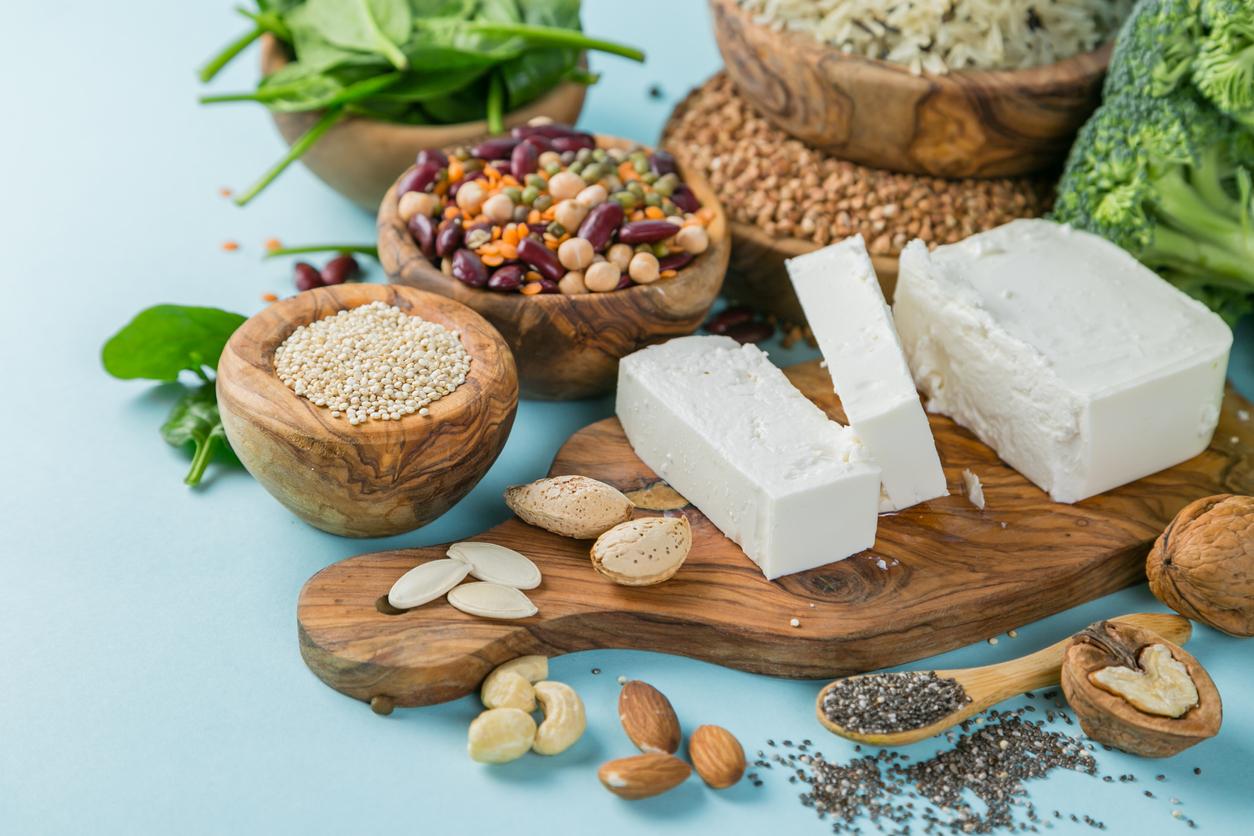Vegetable proteins, in particular mycoprotein, are sometimes even more effective than those derived from meat or dairy products for developing muscle mass.

- Vegetable proteins are as effective as those of animal origin in increasing muscle size.
- They would even be more effective in increasing muscle mass.
- Most vegetable proteins do not contain all the essential amino acids, so you have to combine different ones to get them all.
It is well known, to increase muscle mass, you need protein… Some people imagine that those from meat or dairy products would be more effective than vegetable proteins. A misconception, according to a new study published in the journal Journal of Nutrition.
Vegetable proteins as effective as animal ones
“Our study demonstrates that the mycoprotein (a plant protein derived from the fungus) is comparable in effectiveness to animal protein in facilitating increased muscle mass and strength in young adults who exercise regularly“, explains Alistair Monteyne, one of the authors, in a communicated.
To arrive at this result, the researchers first studied data from 16 healthy young adults in the first phase of the clinical trial. The participants followed a three-day diet during which they ate protein-rich meals made from meat or mycoprotein.
But it is above all the second phase of the trial that is important. During this, the scientists followed 22 other healthy young adults who followed a 10-week training program. Some were on an omnivorous, high-protein diet, and others were only allowed a vegan diet with lots of mycoproteins.
To increase muscle mass, vegetable proteins are more effective
Results: People on a high-protein omnivorous diet increased their muscle mass by about 2.6 kilograms (kg), while the vegetarian group improved it by just over 3 kg. In contrast, in both groups, thigh muscle size increased by 8.3%.
“We now have strong evidence to show that mycoprotein is an effective protein food for supporting muscle maintenance and growth.“, assures Alistair Monteyne. Thus, no longer eating animal protein would not be harmful to the muscles, quite the contrary.
If you want to replace proteins from meat or dairy products, you can consume vegetarian protein powders or find these proteins in food: soy protein (tofu, tempeh, soymilk, edamame), pea (peas, split peas), chia seeds, rice, quinoa, almonds, lentils, etc.
However, care must be taken if you remove any form of animal protein as they are the ones that generally contain the complete proteins, ie those containing the nine essential amino acids that the human body needs. Indeed, most vegetable proteins – except some such as soybeans or quinoa for example – do not contain all the essential amino acids, they are said to be incomplete proteins. They must therefore be combined with different vegetable proteins to obtain all the essential amino acids. For example, combining cereals and legumes, such as rice and beans, will allow you to have complete proteins.
But the ideal, if you opt for 100% vegetarian, is to consult a nutritionist who will tell you the most suitable diet so as not to suffer from deficiencies.
















